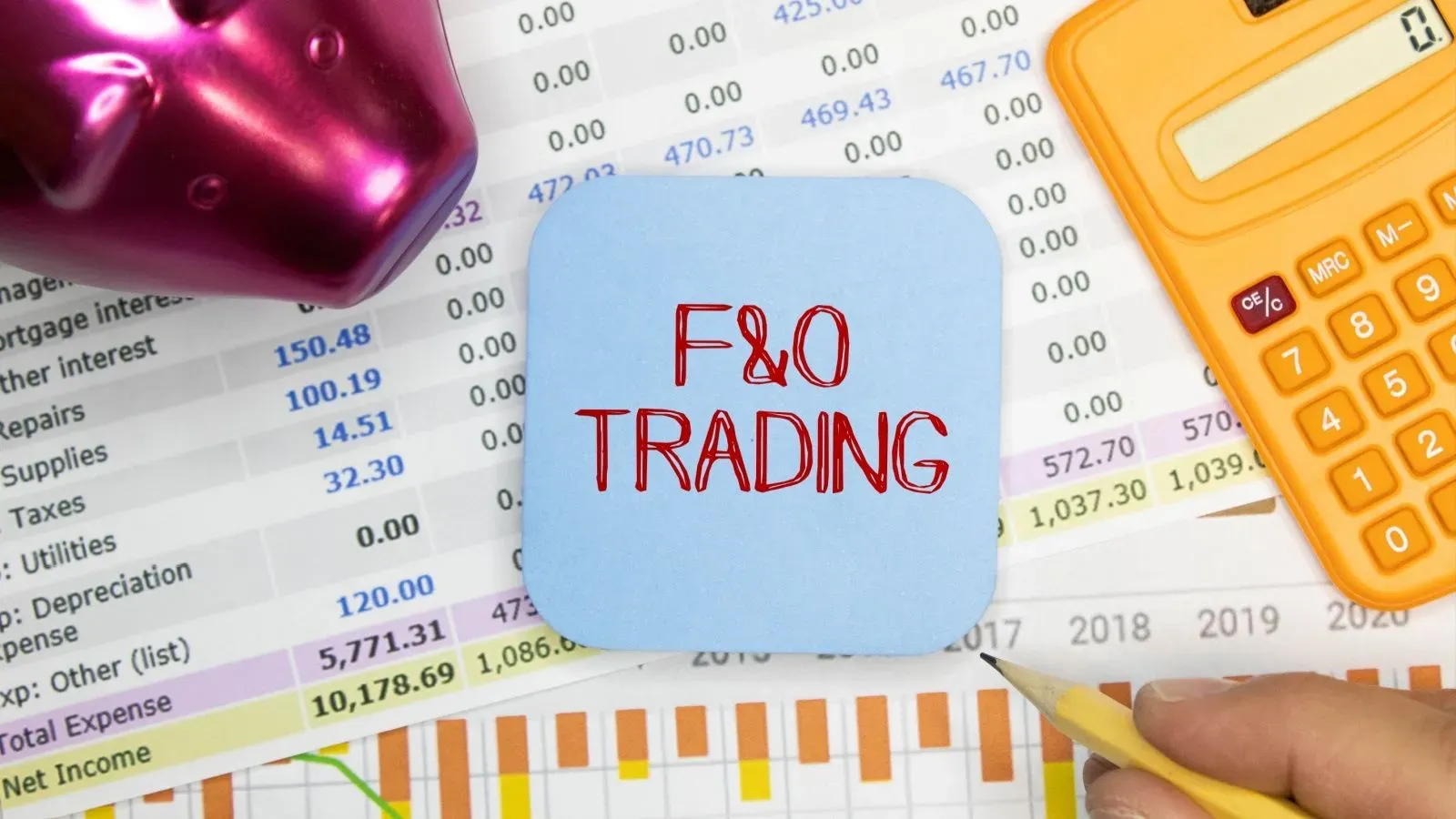What are over the counter (OTC) options
Written by Upstox Desk
Published on October 17, 2025 | 5 min read

Options as we know are derivatives instruments that are listed and traded on exchanges. The purpose of these options is to provide non-linear financial payoffs, which make them ideal for speculation and investment, and also transfer the risk of underlying assets, which makes them ideal for hedging as well.
Over the counter options or OTC options contracts are derivative instruments just like any other options, but with some degrees of variation.
For example: When we shop for a Levi denim trouser, with waist size 34, straight fit cut and faded blue in color. We can be rest assured that the denim will be the same specification irrespective of the location we purchase them from. The cut, color and size specification will be constant or standardized in shops and malls across India. Now compare that to buying a denim trouser from a local or un-named manufacturer. The size, cut and color are likely to have massive variation depending on the location and retailer it has been purchased from. The difference between a branded and standardized denim and locally or un-named manufacturer's denim, is the same as the difference between an exchange traded option to an over-the-counter traded option.
Essentially speaking, over-the-counter options are options contracts between the private parties that do not follow the procedure of being distributed and traded on exchange or being cleared through a clearing house.
When the exchange listed options are inadequate in fulfilling trading, hedging or speculative needs of market participants, the investors then turn to over-the-counter options for their versatility. OTC options have no pre-determined strike price or size. Sometimes, they may not even have an underlying asset.
For eg: Two individuals can enter into a contract, where one pays another $10 every time a dolphin jumps out of water over a period of month. This may sound stupid, and yes, it is stupid. But perfectly legal under the ambit of the over-the-counter market.
Advantage of over-the-counter options
-
It can be utilized for hedging – transfer of risk, trading and leverage on situations and products that are not available on exchanges.
-
It can enable businesses to keep input price of the raw materials secret, thereby keeping competition in check. For example: Meat processing companies sourcing cattle for raw meat.
-
It allows small and medium businesses to trade without being listed on exchanges and can benefit from lower compliance and administrative cost.
-
It can provide more flexibility and versatility as payoffs and execution are not bound by the same set of rules as exchanges traded options.
Difference between OTC options and exchange traded options
-
Over-the-counter are tailor made contracts between two private parties and lack any form of standardization. Whereas, exchange traded contracts come with pre-determined strike price, expiration date, settlement procedure, lot size and even margin requirements.
-
By virtue of being a contract between two private parties, there is no need for any disclosure. The terms of trade including pricing and fulfillment of contractual obligation remains privileged information. Exchange traded contracts on other hand are traded electronically and all details related to transactions like open interest volume and price are made available in public domain.
-
Since the over-the-counter option contracts are opaque in nature and are helped by private parties. Establishing the authenticity of transactions to one’s satisfaction is extremely difficult. This hurdle alone creates a liquidity problem thus making OTC options extremely illiquid and no secondary market to salvage them. Exchange traded option contracts on the contrary are publicly traded, extremely liquid and all transactions are recorded and trades are cleared through clearing houses.
-
The biggest drawback of an over-the-counter option contract is counterparty default risk. Since it’s a contract between two private parties and transacted privately. There is no full proof way of ensuring that counter parties fulfil their end obligations at the maturity of contract. However, exchange traded contracts are transacted on exchange and go through clearing houses, which have enough regulation and safeguard in place to deflect any crisis in payment obligation.
Bottom Line
Despite all the drawbacks, over-the-counter options are popular at institutional levels, especially with large corporations (Oil & Gas majors like Shell Oil, Aramco, Reliance Industries, and Global food and seeds corporations like Nestle, Cargill, Monsanto, etc.), financial institutions and banks. The popularity of OTC options shall continue to grow as it would remain the primary choice of above-mentioned market participants. Since OTC options are discreet, when it comes to declaring open position of corporate exposure to financial or commodities assets and offer a customized solution and payoffs the exchange traded option cannot replicate.
Having said that, over-the-counter options are not meant for retail traders and investors. It is advisable that they stick to time-tested exchange traded options, where transactions and actions of all players are regulated along with substantial safeguards to protect investors.
About Author
Upstox Desk
Upstox Desk
Team of expert writers dedicated to providing insightful and comprehensive coverage on stock markets, economic trends, commodities, business developments, and personal finance. With a passion for delivering valuable information, the team strives to keep readers informed about the latest trends and developments in the financial world.
Read more from UpstoxUpstox is a leading Indian financial services company that offers online trading and investment services in stocks, commodities, currencies, mutual funds, and more. Founded in 2009 and headquartered in Mumbai, Upstox is backed by prominent investors including Ratan Tata, Tiger Global, and Kalaari Capital. It operates under RKSV Securities and is registered with SEBI, NSE, BSE, and other regulatory bodies, ensuring secure and compliant trading experiences.






















